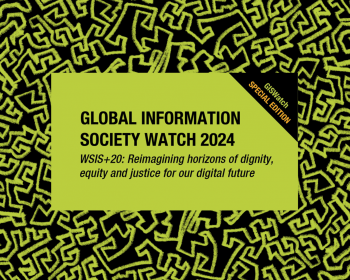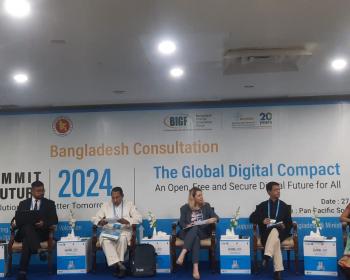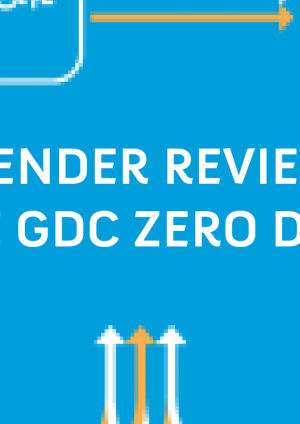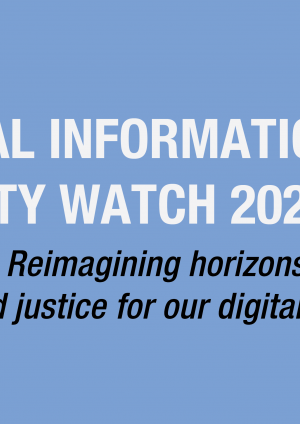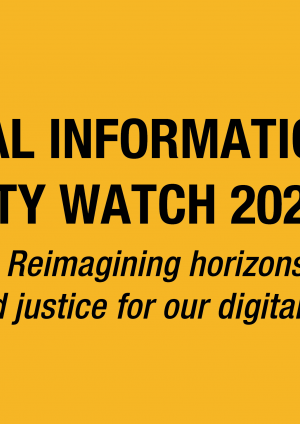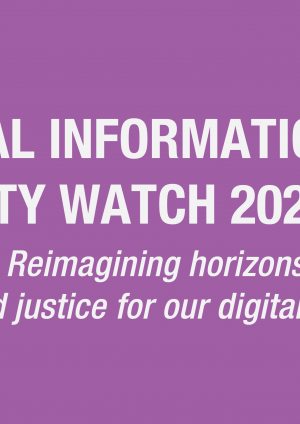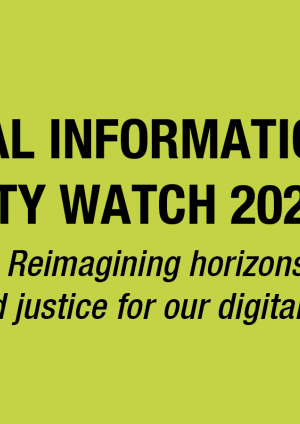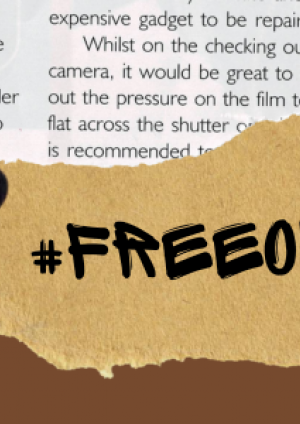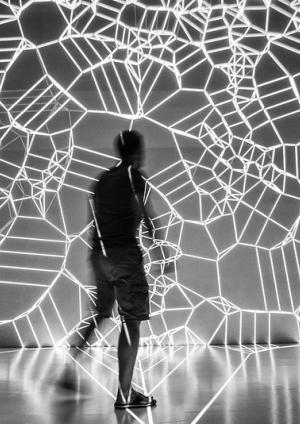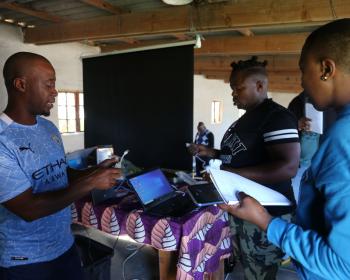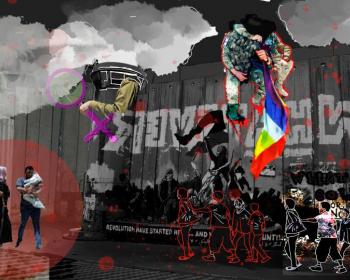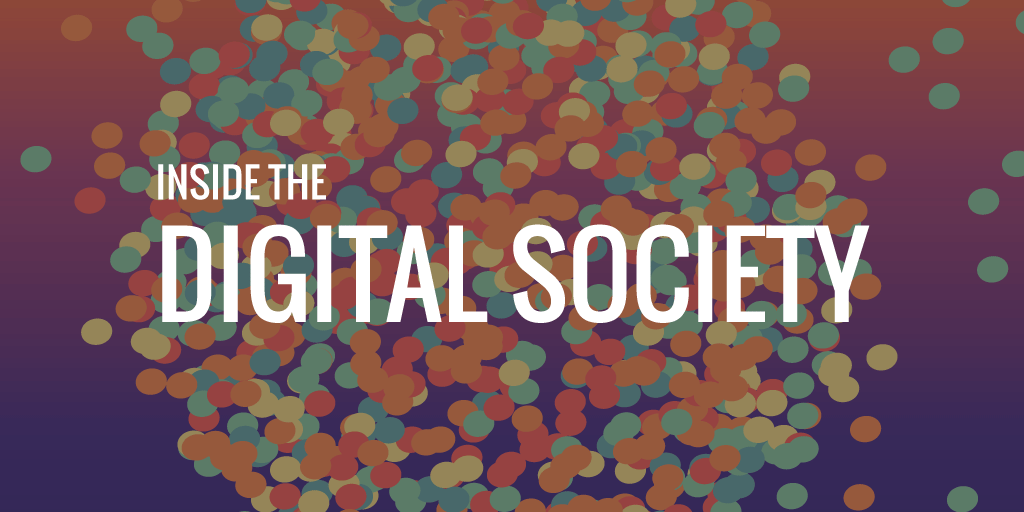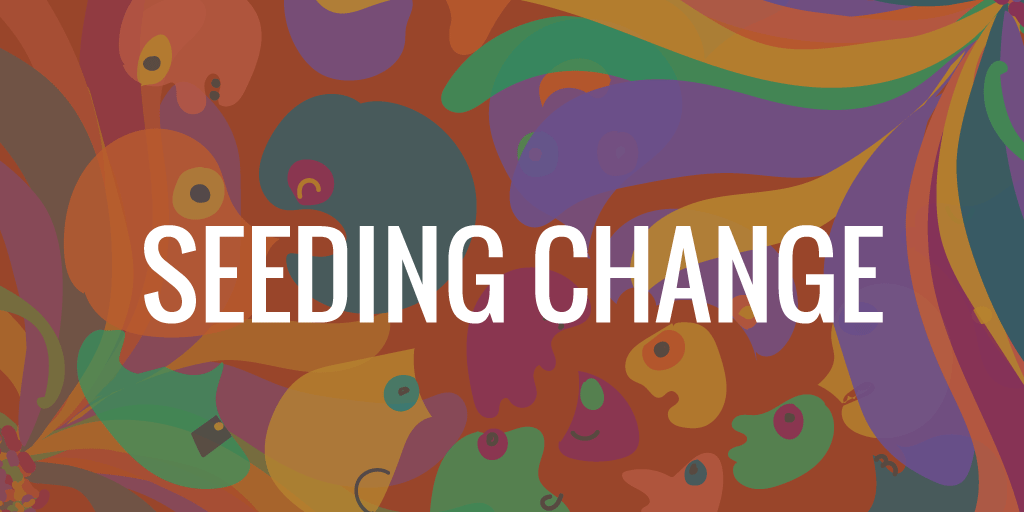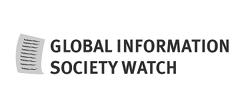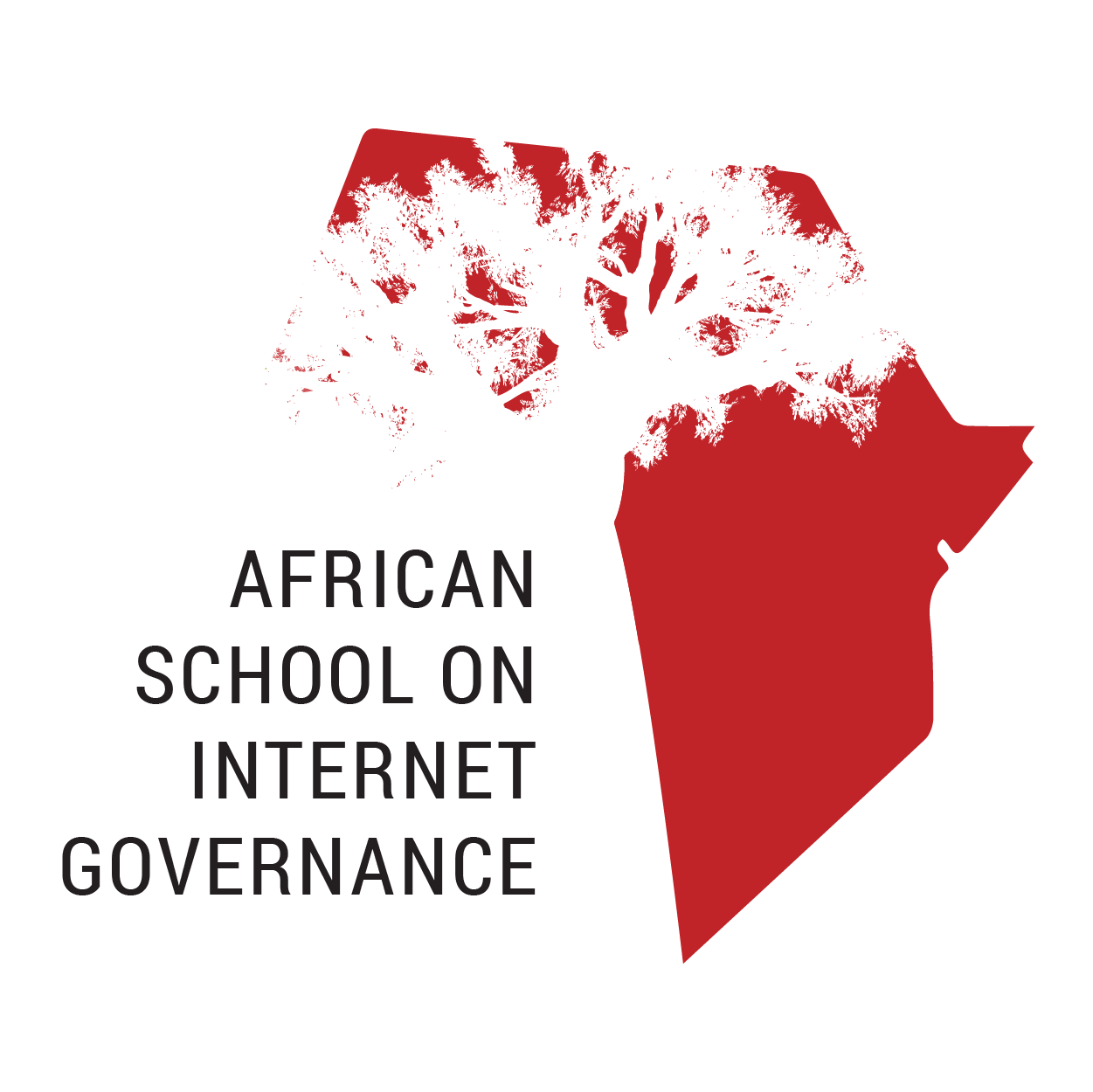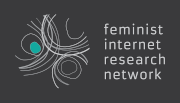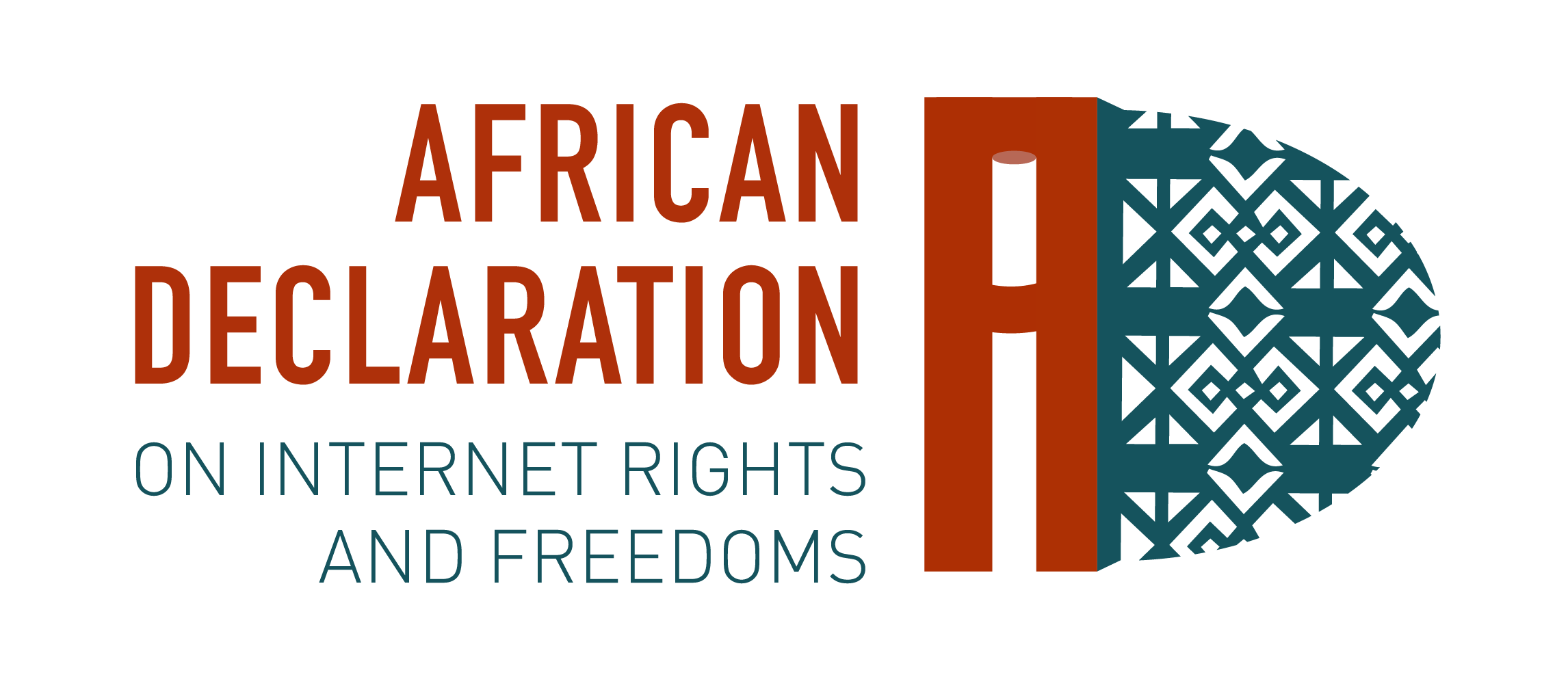This special edition GISWatch, produced with IT for Change and WACC, considers the importance of WSIS as an inclusive policy and governance mechanism, and what, from a civil society perspective, needs to change for it to meet the challenges of today and meaningfully shape our digital future.
Meet Bangladesh NGOs Network for Radio and Communication (BNNRC), a Bangladesh-based organisation focused on media development and building the capacity of civil society organisations on digital transformation.
Meet the Common Room Networks Foundation, an Indonesia-based organisation committed to maintaining a space for freedom of expression and community empowerment that utilises arts and culture, ICTs and digital media.
These comments were drafted in a collective process aimed at advancing the centrality of gender issues in the Global Digital Compact, ensuring that the governance, development and use of technology are inclusive and benefit women and girls, in all their diversity, around the world.
This joint stakeholder report prepared by APC and Rudi International for the 47th session of the Universal Periodic Review (UPR) focuses on human rights in the digital context and the state of civic space, including online, in the Democratic Republic of Congo (DRC).
Report
From the digital inequality paradox to marginalisation through digitalisation: GISWatch 2024 Special Edition reportsThe following two reports from GISWatch 2024 Special Edition explore pathways for addressing the digital divide as well as the impacts of digitalisation when marginalised populations are overlooked in decision-making processes.
Report
Reclaiming a radically changed context: Introduction to GISWatch 2024 Special EditionTwenty years ago, stakeholders gathered in Geneva at the first World Summit on the Information Society (WSIS). Since the framework for cooperation was set out in the Geneva Plan of Action (2003), much has changed in the global digital context, while many recognised challenges still remain.
Report
The value of WSIS and the future of information societies: GISWatch 2024 Special Edition reportsThe following two reports, which are included in the GISWatch 2024 Special Edition, are thoughtful analyses on the vision and agenda set up at the WSIS summit twenty years ago, and reflections on its value and need in civil society advocacy as we move forward.
Report
Free, prior and informed consent: Accountability, environmental justice and the rights of Indigenous peoples in the information societyIn honour of Earth Day 2024, we are launching the first report from the GISWatch 2024 Special Edition: "Free, prior and informed consent: Accountability, environmental justice and the rights of Indigenous peoples in the information society".
Joint statement
Civil society organisations reject the criminalisation of the defence of digital rights and the misuse of the judicial system in the case of Ola Bini in Ecuador and demand respect for due process and human rightsThe undersigned organisations express our concern and firm rejection of the multiple irregularities, illegalities and violations of due process observed in the case of Ola Bini, a programmer and human rights defender recently sentenced to a year in prison in Ecuador.
Joint statement
Joint statement: Finding the good in the first UN General Assembly resolution on artificial intelligenceStakeholders far from UN grounds benefit when states clarify their position on new and emerging technologies and how international law, including international human rights law, and sustainable development commitments apply to fields like artificial intelligence.
Our Women's Rights Programme's policy advocacy coordinator presents highlights of APC's multi-faceted participation and advocacy at the UN’s Commission on the Status of Women (CSW) event this year, centred on promoting and sharing our work on human rights, specifically the rights of women and people of diverse genders and sexualities.
Community networks in Africa stand as beacons of innovation and resilience. Through a series of four webinars, Tanda Community Network along with APC and and Rhizomatica's LocNet initiative helped with capacity building and explored such networks' challenges, triumphs and how to support them in bridging the digital divide.
APC and Noor co-organised a discussion with six Palestinian feminist activists, researchers, academics and content creators to discuss how Israel weaponises gendered disinformation and atrocities propaganda to continue its genocide in Palestine.




